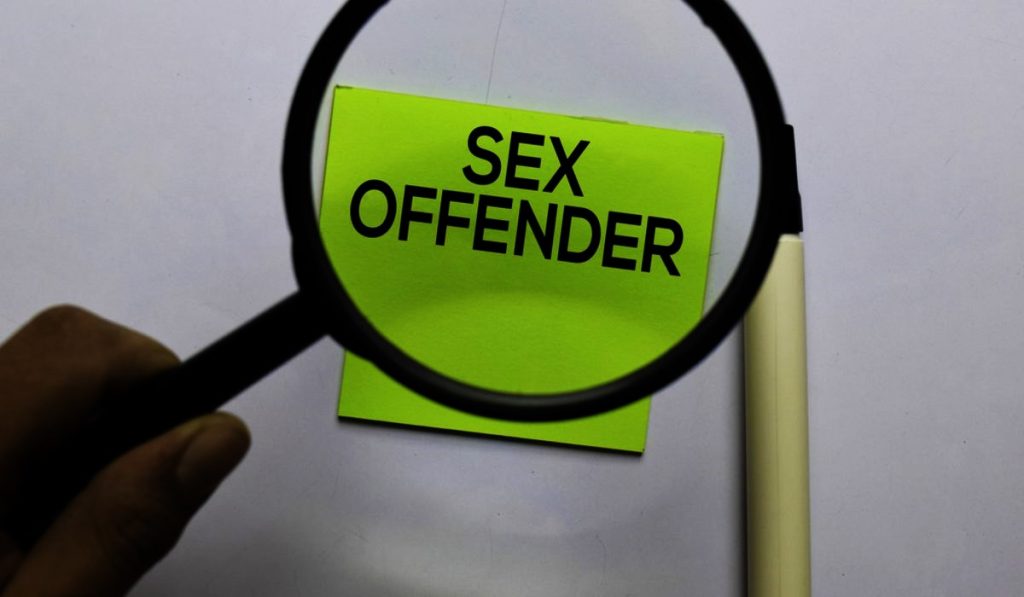In this article, we explore a crucial aspect of the legal system: the requirement for sex offenders to register with authorities. Being on a sex offender registry is a serious legal obligation, and failing to do so can lead to severe consequences. This obligation helps law enforcement monitor and manage individuals convicted of sex crimes, aiming to increase public safety.
However, there are situations where an individual may fail to register, not due to willful non-compliance, but due to circumstances beyond their control or understanding. Here, we’ll delve into these scenarios, focusing on understanding the various defenses available to those accused of failing to register as a sex offender. Our aim is to provide a clear and simple explanation of these legal concepts, making them accessible to all readers.
Defenses to Failure to Register as a Sex Offender
Introduction to Legal Defenses
In legal terms, a defense is an argument used to challenge a criminal charge. When someone fails to register as a sex offender, certain defenses can be used to explain or justify why this failure occurred. Understanding these defenses is crucial, as they can significantly impact the outcome of a legal case.
Streamlining Opportunities
- Definition and Explanation: Streamlining opportunities in this context refer to measures that make the registration process easier or more efficient. These can include automated notifications about registration deadlines or simplified registration procedures.
- Justification for Failure to Register: If an individual fails to register due to a lack of these streamlining opportunities, it can sometimes be used as a defense. For instance, if they were expecting an automated reminder that never came, or if complicated procedures hindered their ability to register.
- Applicable Situations: This defense might apply in cases where there’s evidence that the individual relied on a streamlined process that failed, or where the registration process was unduly complicated.
Lack of Awareness
- Lack of Knowledge as a Defense: Not knowing about the requirement to register can be a viable defense. This might occur in cases where the individual was not properly informed of their obligation to register.
- Legal Burden of Proof: To use this defense, the individual must show that they genuinely did not know about the registration requirement. This could be due to a failure in the notification process or a misunderstanding.
- Real-Life Examples: Examples where this defense has been successful often involve situations where the offender was not adequately informed by the authorities about their registration duties.
Lost Law Enforcement Registration
- Defense Based on Administrative Errors: Sometimes, an individual does attempt to register, but their information gets lost due to an error on the part of law enforcement or another administrative body.
- Proving This Defense: To successfully use this defense, the individual needs to provide evidence of their attempt to register. This might include paperwork, receipts, or other records of their registration efforts.
- Importance of Record-Keeping: This defense highlights the critical need for individuals to keep detailed records of all their registration attempts and communications with law enforcement agencies.
Penalties for Failure to Register
General Overview of Legal Consequences
Failing to register as a sex offender is a serious legal violation with significant consequences. The penalties can vary depending on several factors, including the jurisdiction and the specific circumstances of the case. This section provides a comprehensive look at these penalties and the factors that influence them.
Variability of Penalties Based on Jurisdiction and Case Details
- Jurisdictional Differences: The severity and type of penalties for failing to register can differ significantly from one state or region to another. Some areas may have stricter laws and harsher penalties, while others might be more lenient.
- Case-Specific Factors: The specifics of the individual case, such as the nature of the original sex offense, the offender’s criminal history, and whether the failure to register was a repeated offense, can all influence the severity of the penalties.
Common Penalties for Failure to Register
- Jail Time: Incarceration is a common penalty for failing to register. The length of jail time can vary widely but tends to be more severe for repeat offenses or when combined with other criminal violations.
- Fines: Offenders may also face substantial fines. These fines are often set to reflect the severity of the non-compliance and can add a significant financial burden.
- Increased Supervision: Another consequence can be heightened monitoring by authorities. This may include more frequent check-ins, stricter terms for probation or parole, or even electronic monitoring.
- Impact on Probation or Parole: For those already on probation or parole, failing to register can lead to a revocation of these privileges and potentially result in additional jail time.

The Law in California
California’s Specific Requirements for Sex Offender Registration
California has its own set of rules and requirements for sex offender registration, which are vital for offenders to understand and follow.
- Registration Process: In California, sex offenders are required to register with their local law enforcement agency. This typically involves providing personal information, fingerprints, a current photograph, and details of the offense.
- Frequency of Updates: Offenders must update their registration annually, and sometimes more frequently, such as when they change addresses, or according to other specific circumstances outlined by the law.
- Additional Requirements: Depending on the nature of the offense, some registrants might have more stringent requirements, like more frequent check-ins or restrictions on where they can live or work.
Penalties for Failing to Register in California
The penalties for failing to register as a sex offender in California are particularly stringent and carry unique state-specific aspects.
- Severity of Penalties: Penalties can range from fines to imprisonment. Repeat offenses or aggravated circumstances can lead to harsher penalties.
- Variation Based on Offense: The severity of the original sex offense can play a significant role in determining the penalties for failing to register.
- Impact on Probation or Parole: Similar to other jurisdictions, failure to register can also affect probation or parole status, potentially leading to revocation and additional jail time.
Legal Process for Failure to Register Cases in California
When someone is accused of failing to register as a sex offender in California, a specific legal process is followed.
- Initial Steps: The process typically begins with an arrest or citation for failure to register.
- Court Proceedings: The accused will then go through the court system, where they can present their defense and where the specific circumstances of their case are considered.
- Sentencing: If found guilty, sentencing will follow, which can include jail time, fines, or other penalties as deemed appropriate by the court.
- Appeals and Plea Bargains: Offenders have the right to appeal their convictions and may also have the option of plea bargains, depending on the specifics of their case.
As we conclude, we emphasize the importance of seeking legal counsel for anyone facing issues related to sex offender registration. Legal professionals can offer guidance, represent individual circumstances in court, and provide the best chance of navigating through this complex area of law. Remember, while this article serves as a general guide, legal advice tailored to specific cases is invaluable.




